No products in the cart.
Sale!
Cabbage
₹80.00 Original price was: ₹80.00.₹70.00Current price is: ₹70.00.
Cabbage is a leafy vegetable with a crisp texture and slightly peppery flavor, originating from Europe. It is rich in vitamins, minerals, and antioxidants, making it a nutritious addition to a variety of dishes.
SKU: VG-SUB0076Categories: Fresh Vegetables, Fruits & Vegetables
Tags: "Antioxidant", "Fiber-Rich", "Healthy", "Leafy Vegetable", "Low-Calorie", "Versatile"
Description:
Cabbage, scientifically known as Brassica oleracea var. capitata, is a leafy green, red, or white biennial plant that is grown as an annual vegetable crop for its dense-leaved heads. It is believed to have originated in Europe before 1000 BC. Cabbage is part of the Brassica family, which includes broccoli, cauliflower, and kale. It has a crisp texture and a slightly peppery flavor that becomes sweeter when cooked. The leaves can be smooth or crinkled, depending on the variety, and it is commonly used in a variety of dishes worldwide, including salads, coleslaw, sauerkraut, and stir-fries. Cabbage is not only versatile in the kitchen but also packed with nutrients that offer numerous health benefits. It is rich in vitamins, minerals, and antioxidants, making it a valuable addition to a healthy diet.
Nutrients:
“Vitamin K”: “Essential for blood clotting and bone health, vitamin K plays a crucial role in maintaining cardiovascular health.”,
Health Benefits:
“Supports digestive health through its high fiber content.”,
“Boosts the immune system with its rich vitamin C content.”,
“Promotes heart health by reducing cholesterol levels.”,
“Helps in maintaining strong bones due to its vitamin K content.”,
“Aids in detoxification and reduces inflammation thanks to its antioxidant properties.”,
“Contributes to healthy skin and hair through its various vitamins and minerals.”,
Shelf Life:
Cabbage can be stored for up to 2 weeks in the refrigerator. It should be kept in a plastic bag to retain moisture and freshness. If storing for longer periods, it can be fermented into sauerkraut or pickled.
| Weight | 0.25 kg |
|---|
Only logged in customers who have purchased this product may leave a review.

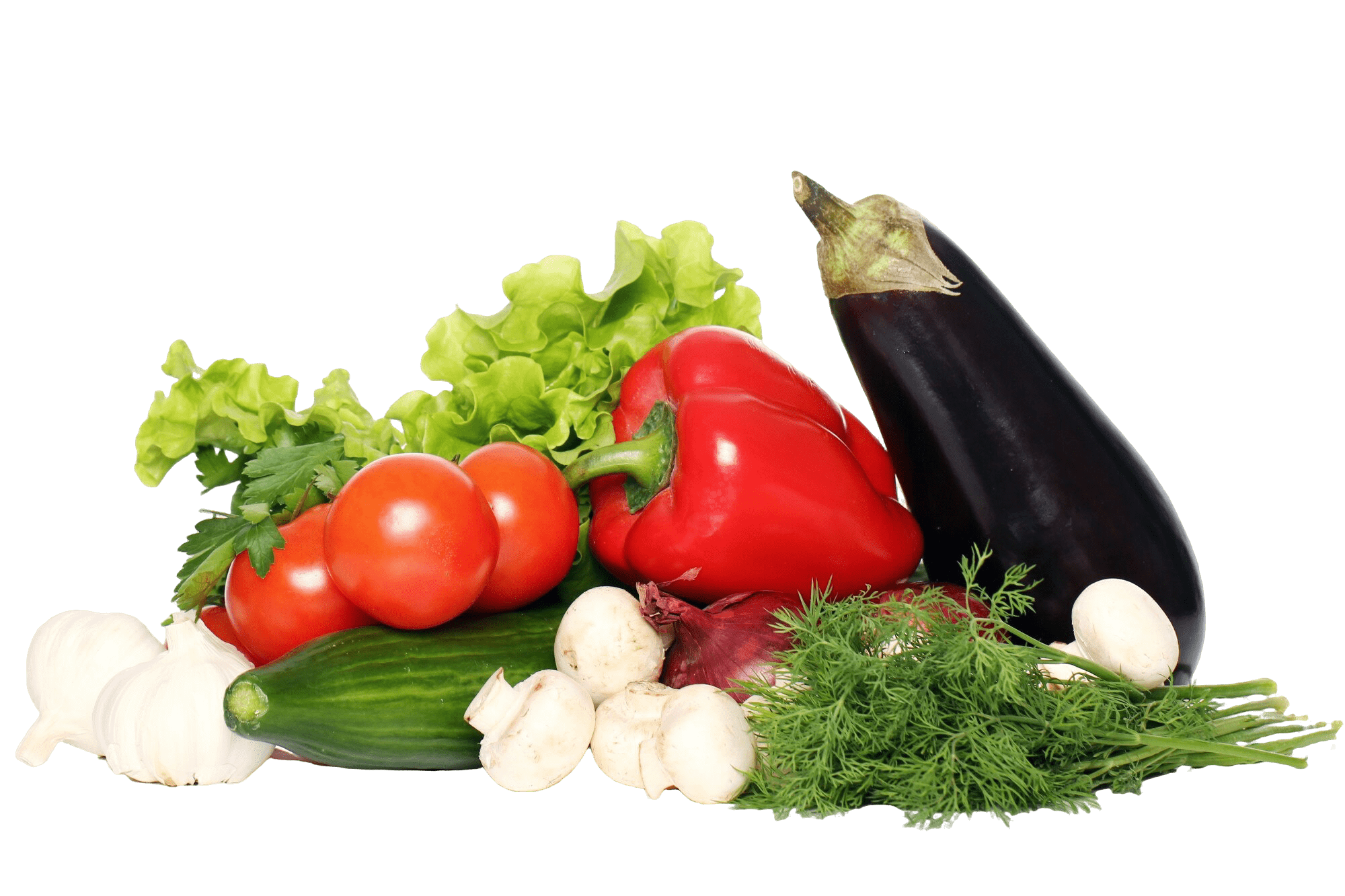



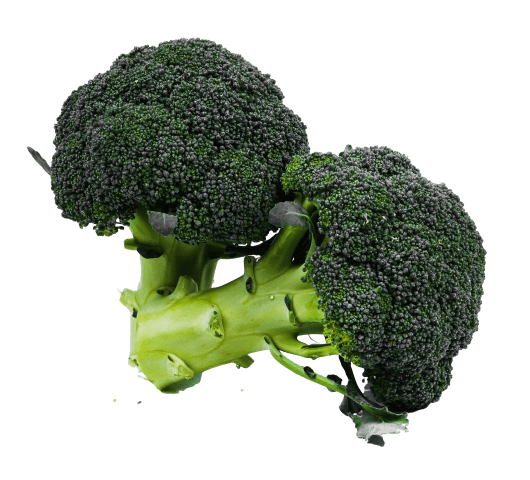
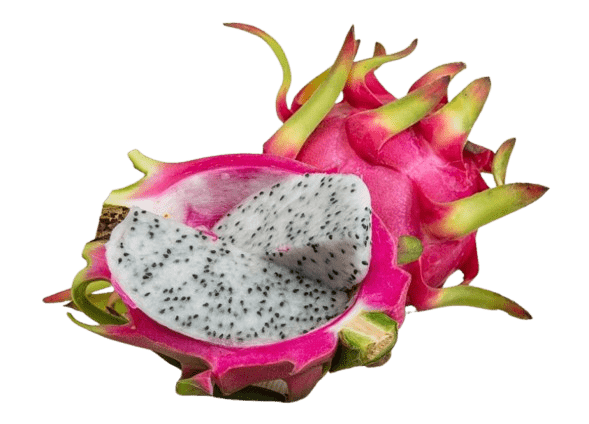
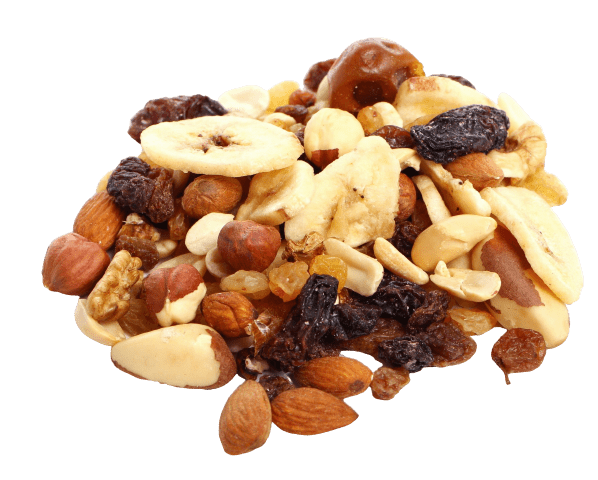

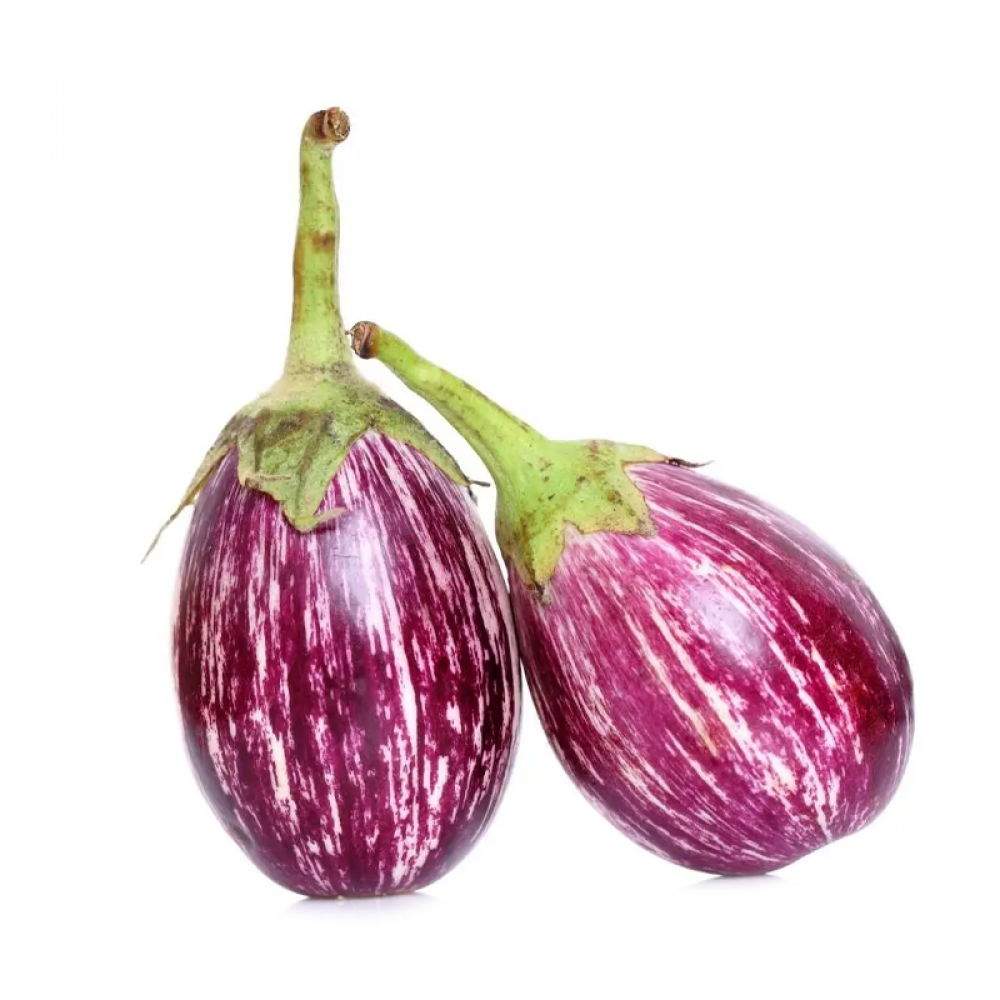

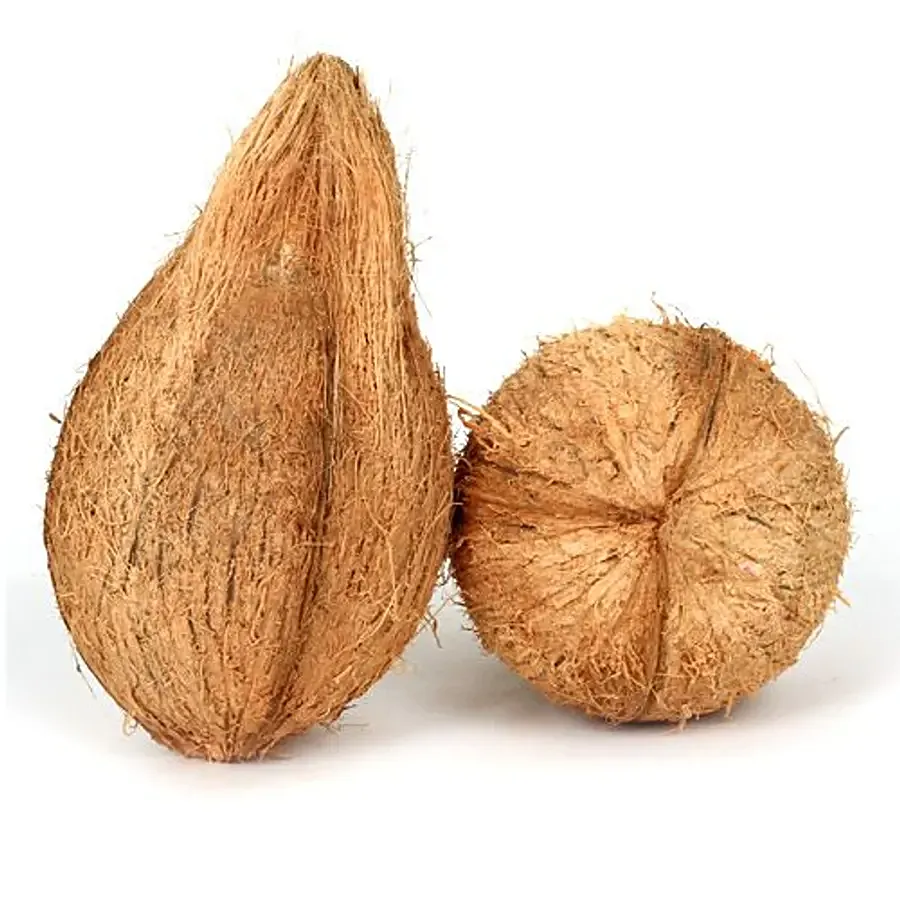





Reviews
There are no reviews yet.